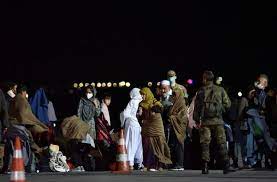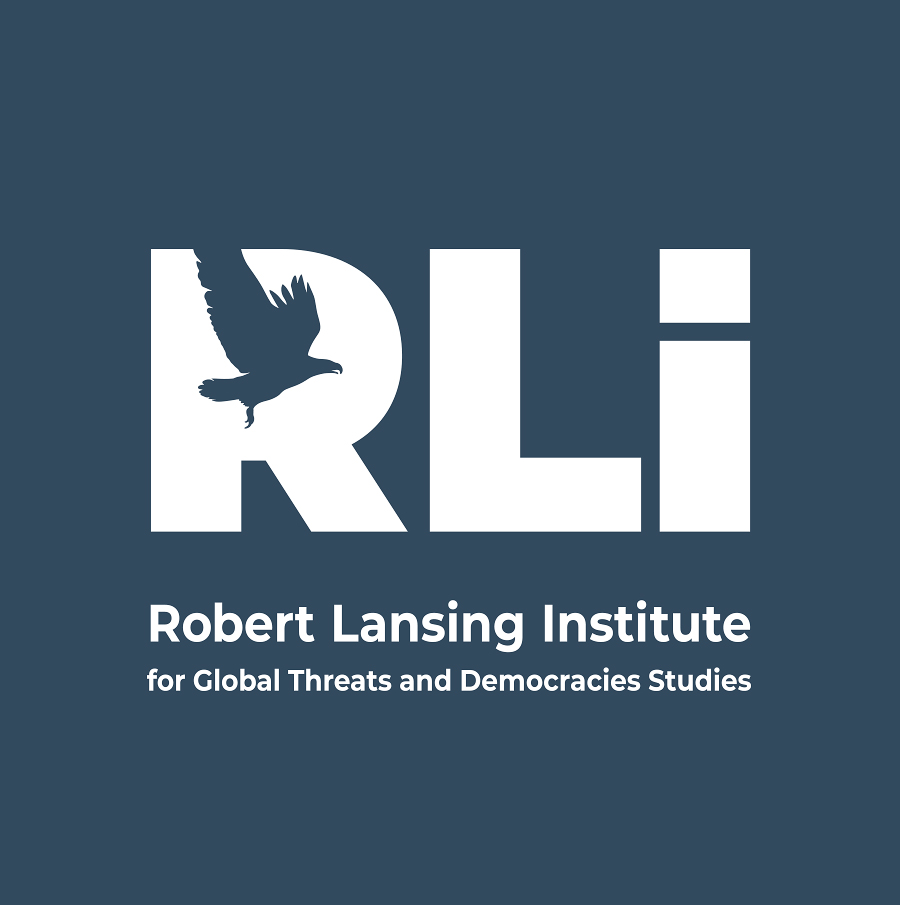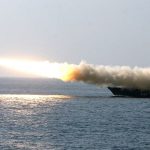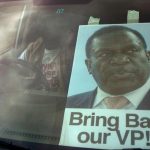After US troops withdrew from Afghanistan and the Taliban came to power by force, hopes of many chauvinists in Belgrade were revived that the same scenario is expected to happen in Kosovo. Many opinions have been published recently, whether the USA should have intervened in Afghanistan in 2001 and in Iraq in 2003 to the comparison of the situation with the NATO intervention in Kosovo in 1999. The latter was mostly discussed in Serbia. The new situation in Afghanistan has activated Serbian nationalists and chauvinists against Kosovo, threatening that Kosovo will soon return to the control of the Serbian army.
Such a statement was made by the Chairman of the Serbian Radical Party, Vojislav Seselj[1], openly threatening the security of Kosovo. He called the US forces “occupiers” in a statement to the media, “When the occupiers leave, when the Americans leave, then there will be a pursuit of all those who carried out terror, who killed and harassed Serbs. Albanians from Kosovo who have not committed any crime will have nothing to fear.” said Seselj, comparing the situation in Afghanistan with that in Kosovo. We have recently seen such statements from the Taliban, calling on Afghans who have not cooperated with the Americans to stay in Afghanistan. In addition to politicians, such rhetoric has been circulated on Twitter by people of art and culture in Serbia. One of the prominent documentary makers, Boris Malagurski, known for his controversial work and support for Serbian chauvinism, tweeted photos of withdrawal of the diplomatic staff from Saigon in Vietnam as well as a scene from Kabul with text “Kosovo next?”.
But can Kosovo be compared to Afghanistan? The answer is no.
Here are three elements why Kosovo cannot be compared to Afghanistan
- In Kosovo the North Atlantic organization – NATO, has intervened strongly supported by the US, while in Iraq and Afghanistan we have the intervention of the United States of America and the United Kingdom predominantly with very little support from other states.
- It is clear that all three interventions did not have the mandate of the UN Security Council, but for Kosovo, Resolution 1244 was later adopted, which also approves the NATO bombing and sets the ground for a UN Mission in Kosovo which continues to this date.
- Kosovo could be one of the very few interventions where success is evident in state building, nation building, security and the sociological aspects. Afghanistan remained fragmented and is facing a tribal war between the main tribes while in Kosovo, the violence was caused by Serbia which commited war crimes and crimes against humanity along with genocide in attempt to wipe out an entire population. In Kosovo, Serbs participate in the Kosovo institutions and if it wasn’t for the Belgrade`s sabotage, Kosovo would have been in a much better institutional arrangement.
Sociologically and politically, Kosovo can learn from the case of Afghanistan that international partners need to be taken seriously because security and stability are interdependent. Thus, Kosovo has been building its defense capacities mainly on the basis of “smart defense” doctrines but also to create capacity to regional defense collaboration and integration. Kosovo numbers some 2500 professional soldiers with light and small weapons but with solid capacity for defense. It has no intentions to use its military for deterrent or assault capacities.
But in the political side, Kosovo´s success is determined by its efforts to build the nation and institutions for sustainable development. Stability without nation building and development is bound to fail claims Blerim Latifi, a Professor of political philosophy and philosophy of religion at the University of Prishtina in Kosovo. He explains, “State formation and conformation are two different things. And the fate of the first in many cases and the situation depends on the fate of the second. ” He further says that “you cannot build a modern state, in the institutional and ideological sense of the word, where there is no nation and where the highest allegiance of the people is allegiance to the tribe of the province, as is the case of Afghanistan.
Therefore, the situation with Kosovo is completely different, here we are dealing with the foreign aggressor, so another state through armed war and committing genocide, has tried to expand its territory, in this case to put Kosovo under Serbian control.
After NATO intervened in the war between Kosovo and Serbia, Kosovo demilitarized the Kosovo Liberation Army[2], with the aim of ending the conflict and institutionalizing its future army, and it succeeded. Today, the Kosovo Security Force has made great progress in its development and its main goal is NATO membership. KSF participates in peacekeeping missions together with NATO.
Kosovo has made great progress on its path to integration into Euro-Atlantic structures, certainly in close cooperation with the EU and the US. Dialogue with Serbia and economic development remain challenges.
This year Kosovo marks the 13th anniversary of its independence, securing 117 recognitions so far, of course there is a lot of work to be done. But Kosovo as a modern state is well on its way to becoming part of the European Union.
State-building in Kosovo is very successful, people of Kosovo are a multi-ethnic and multi-religious, above all they love democracy and diversity, therefore Kosovo can in no way be compared to Afghanistan because they are two completely different cases from each other. Johns Hopkins University Professor and analyst Daniel Server sees this issue similarly, he told the media that “Kosovo has never been a real threat to the United States. We stood there in defense of building a democratic state, a process that was much more successful in Kosovo than in Afghanistan.”Among other things, Kosovo institutions have expressed their readiness to shelter Afghan civilians fleeing their country, and this has been supported by all political leaders, including the opposition.
[1] Vojislav Sheshel was convicted of war crimes by the International Criminal Tribunal for the former Yugoslavia. Between 1998 and 2000, he served as the deputy prime minister of Serbia.
[2] The KLA was a political-military force of Kosovo people that had a political and military strategy for the dismemberment of Kosovo, it was active from 1993-1999.





